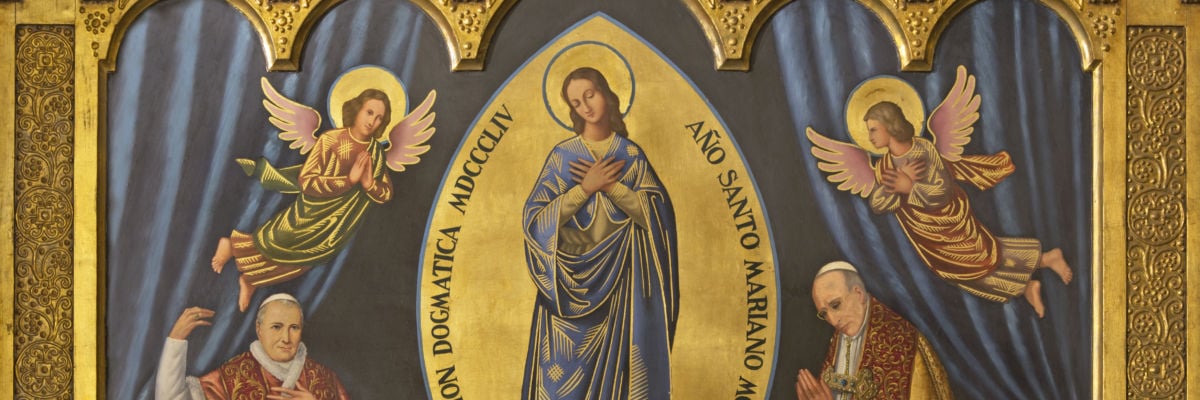
Question:
Answer:
The answer is both. The Old Testament, beginning with the Lord’s resting on the seventh day, through the law of Moses, and in subsequent Jewish tradition, is keen sanctifying—that is, making holy—the passage of time. That is accomplished day to day with prayer in the morning and the evening, week to week with the Sabbath, month to month with the phases of the moon, season to season with planting and harvest, year to year with the New Year, and from age to age with Jubilee years and the commemoration of past events, the greatest of which was the Passover.
The old ceremonies and calendar of the Law of Moses and the Jewish tradition no longer bind believers in the fullness of the revelation given in Christ, but from the beginning of the Church, Christians have marked sacred time in various ways. For Christians, these are more a matter of Sacred Tradition than the explicit direction of Sacred Scripture. We mark time daily in the celebration of the Holy Mass, which Our Lord said to do in memory of him, of the offering of his body and blood on Calvary. Then weekly we come together on Sunday, “the Lord’s day” as the book of Revelation calls it, to celebrate the glory of the Lord in his Resurrection. Then in the cycle of solemnities throughout the year we follow the saving life of the Savior and his Blessed Mother and the saints.
The Church has determined that Sundays and certain other of the solemnities throughout the year should be days “of precept” or obligation, meaning that on these days the faithful, at least those who are of the age of reason, must assist at Holy Mass. This is a serious obligation for Catholic Christians. Even so, the small number of holy days of obligation could not possibly exhaust the richness of the many feasts and memorials of the Christian year whereby we receive the graces of the great persons, human and divine, who have done such great things for our salvation.
How grateful we should be, and eager to come to Holy Mass to receive these gifts and give thanks for them!



